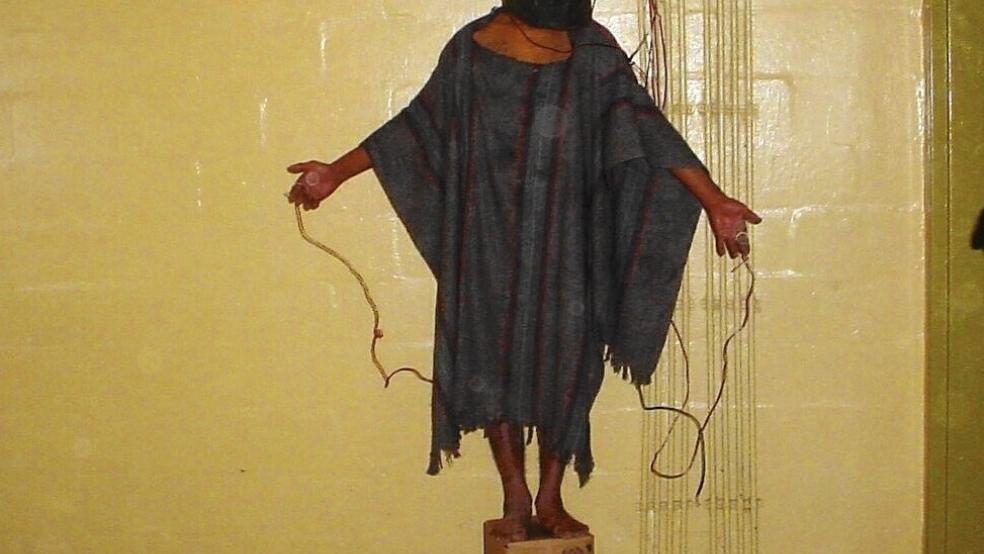The fallout from the decision by members of Congress to override President Obama’s veto of a bill allowing US citizens to sue the government of Saudi Arabia for damages related to the 9/11 terror attacks is already becoming apparent, and Thursday, Senate Majority Leader Mitch McConnell responded with some really extraordinary chutzpah.
The Kentucky Republican blamed President Obama for failing to show enough opposition to a bill that he literally vetoed.
Related: Congress Now Has to Fix the Problems It Created With Veto Override Vote
The law the president rejected is the Justice Against Sponsors of Terrorism Act, or JASTA, which rolls back some of the foreign immunity protections that prevent sovereign countries from being sued in US courts. On Wednesday, though, the Senate voted 97-1 to override the veto, and the House followed up shortly thereafter with a 348-77 override vote.
Even before they voted to force the bill to become law over the president’s objections, members of Congress were already acknowledging that opening the door to lawsuits against foreign governments in US courts would create a huge headache for the Departments of Defense and State, which have tens of thousands of personnel stationed abroad, and potentially for US businesses operating overseas.
Nevertheless, they went ahead and overrode the veto. And by Thursday, backlash in the Arab world had begun.
The Saudi government released a statement saying that the new law “is of great concern to the community of nations that object to the erosion of the principle of sovereign immunity, which has governed international relations for hundreds of years.” The statement continued, “The erosion of sovereign immunity will have a negative impact on all nations, including the United States.”
Related: More Americans Want a One-Party Government That Can Ram Through Policy
While the government’s statement was measured, the public reaction in the Arab world was not. Social media was full of complaints about various US actions around the world, from errant drone strikes and support for the Saudi suppression of a revolt in Yemen back through the torture scandal of Abu Ghraib, support for the Shah of Iran, and the bombing of Hiroshima and Nagasaki in World War II.
It remained unclear whether there would be reciprocal removal of US sovereign immunity by other countries in the Middle East and elsewhere. Much will depend on the number and kind of lawsuits that are filed in US courts against foreign governments accused of sponsoring terror attacks on US soil.
Even as he prepared to vote for the override this week, Sen. Bob Corker (R-TN), who chairs the Senate Foreign Relations Committee, said that he expected lawsuits to be filed very quickly. And, according to the New York Times that appears to be exactly what is happening as a consolidated lawsuit filed by 9/11 victims and their families seems to be on its way back to federal court.
In fact, the whole concern is that the situation could play out in exactly the way President Obama, Defense Secretary Ash Carter, Secretary of State John Kerry, Central Intelligence Agency Director John Brennan and a host of other administration officials specifically warned Congressional leaders it would.
Related: What Donald Trump Doesn’t Seem to Understand About US Nuclear Weapons
Obama reiterated his concerns when he sent the legislation back to Congress with his veto message last week.
That made it particularly bizarre to hear the Senate Majority Leader try to place the blame on the president Thursday, by complaining about the White House’s “failure to communicate early about the potential consequences” of the law was somehow to blame for lawmakers’ decision to override the president’s veto.
“I told the president the other day that this is an example of an issue that we should have talked about much earlier,” McConnell said. “It appears as if there may be some unintended ramifications of that and I do think it’s worth further discussing. But it was certainly not something that was going to be fixed this week.”
Congress will now embark on a recess set to last nearly two full months, leaving plenty of time for damage from the new law to accumulate.





